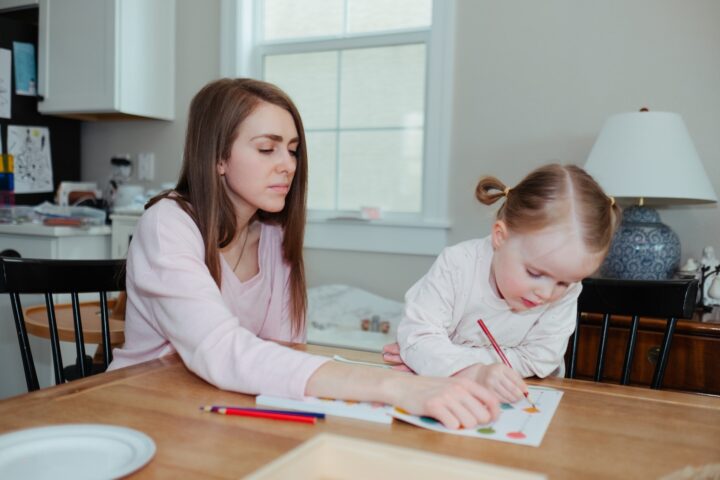Co-parenting in the UK: Legal Advice for Successful Post-Separation Relationships
Separation can be a challenging and emotionally draining experience, especially when children are involved. However, it’s essential for parents to put their differences aside and focus on providing a stable, nurturing environment for their children.
Co-parenting is an arrangement where both parents continue to share the responsibility of raising their children, even after they have separated or divorced. In this article, we will discuss some legal advice from professional firms such as Harper Macleod, to help you navigate the complexities of co-parenting in the UK, ensuring a successful post-separation relationship.

Understanding Parental Responsibility
In the UK, parental responsibility refers to the legal rights and obligations of a parent towards their child. This includes making decisions about the child’s education, health, and welfare, as well as being responsible for their financial support. Both parents automatically have parental responsibility if they are married when their child is born. For unmarried couples, the father can acquire parental responsibility by registering the child’s birth jointly with the mother, entering into a parental responsibility agreement, or obtaining a court order.
It’s important to note that parental responsibility doesn’t automatically end when a couple separates or divorces. Both parents are still legally obliged to make decisions in the best interest of their children, and this should be the guiding principle when devising a co-parenting plan.
Creating a Co-parenting Plan
A co-parenting plan is a written document that outlines how separated parents will continue to share the responsibilities of raising their children. The plan should cover various aspects, such as living arrangements, financial support, decision-making processes, and communication methods. It’s crucial to be realistic and flexible when creating a co-parenting plan, as circumstances may change over time. Here are some key points to consider when drafting your plan:
- Living arrangements: Decide where the children will live and how much time they will spend with each parent. Consider factors such as the child’s school, extracurricular activities, and the distance between the parents’ homes.
- Financial support: Determine how the costs of raising the children will be shared between the parents. This may include child maintenance payments, as well as contributions towards education, healthcare, and other expenses.
- Decision-making: Establish a process for making important decisions about the children’s lives, such as their education, medical treatment, and religious upbringing. Both parents should be involved in these decisions, even if they’re not living together.
- Communication: Agree on the best way to communicate with each other about the children’s needs, achievements, and any issues that arise. This could be through email, text messages, or regular face-to-face meetings.
Seeking Legal Advice
While it’s possible to create a co-parenting plan without legal assistance, it’s advisable to seek professional advice to ensure that your plan is comprehensive and legally enforceable. A family law solicitor can help you understand your rights and responsibilities as a separated parent, and guide you through the process of creating a co-parenting plan that meets the needs of both parents and their children.
In some cases, mediation may be a helpful option for resolving disputes related to co-parenting arrangements. Mediation involves an impartial third party (the mediator) facilitating discussions between the parents, helping them reach an agreement on contentious issues. It’s a more collaborative and cost-effective approach compared to litigation, which can be time-consuming and expensive.
Final Thoughts
Co-parenting in the UK can be a challenging journey, but with the right legal advice and a well-thought-out plan, it’s possible to build a successful post-separation relationship that benefits both parents and their children. Remember that the key to effective co-parenting is open communication, mutual respect, and a focus on the best interests of the children. By working together, separated parents can provide their children with a stable and loving environment, even after the breakdown of their relationship.


